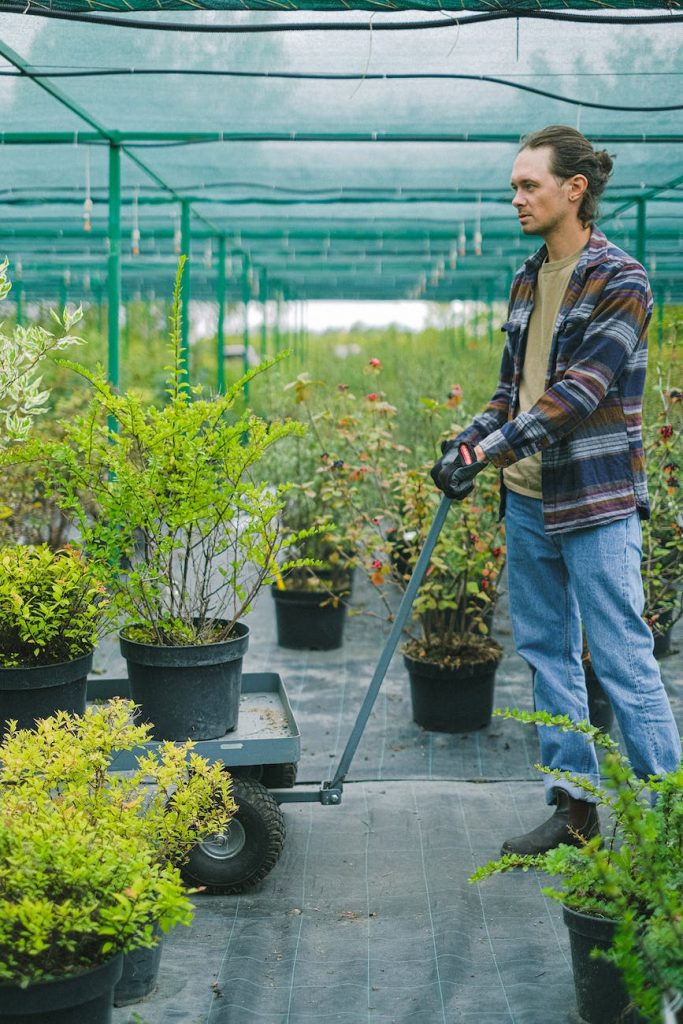Why you should support local growers of eco-regional native plants in your neighborhood
Supporting Local Growers of Eco-Regional Native Plants: Cultivating Biodiversity through Boutique Homegrown Nurseries.
In an era marked by increasing environmental awareness, the value of native plants in sustaining local ecosystems has gained significant recognition. As concrete jungles expand, the role of native plants in promoting biodiversity and preserving natural habitats has become crucial. This has led to the emergence of boutique homegrown nurseries that focus on cultivating eco-regional native plants, offering a unique opportunity to support local growers and the environment.
Preserving Biodiversity Through Native Plants
Native plants are species that occur naturally in a specific region and have evolved to thrive in the local climate, soil, and ecosystem conditions. Their presence is essential in maintaining a delicate balance in the environment. They provide food and habitat for native wildlife, support pollinators, prevent soil erosion, and enhance the overall health of the ecosystem. However, the proliferation of non-native species and urbanization have posed a threat to the survival of these plants.
Boutique Homegrown Nurseries: A Growing Trend
Boutique homegrown nurseries have emerged as a response to the decline of native plants and the need to support local ecosystems. These nurseries specialize in cultivating and selling native plants that are indigenous to their particular region. Unlike large-scale commercial nurseries that often prioritize non-native ornamentals, boutique nurseries focus on propagating native species that might be rare or hard to find.
Advantages of Supporting Local Growers.
By purchasing native plants from local growers, individuals contribute to the conservation of native species and the preservation of regional biodiversity. Eco-regional native plants are already well-adapted to the local climate, soil, and pest conditions, making them hardier and more likely to thrive without the need for excessive maintenance. Planting native species helps restore and maintain the balance of local ecosystems, supporting the health of pollinators, insects, birds, and other wildlife that depend on native plants for food and shelter. Buying from local nurseries reduces the need for long-distance transportation, lowering the carbon footprint associated with plant distribution. Many boutique nurseries are passionate about educating customers on the importance of native plants, their benefits, and how to care for them, fostering a greater understanding of local ecosystems.
Tips for Supporting and Engaging with Boutique Nurseries.
Research boutique nurseries in your area that specialize in eco-regional native plants. Look for those with a commitment to sustainability and conservation. Attend workshops, events, and informational sessions to deepen your understanding of native plants and their significance. Opt for native plants from local nurseries when considering landscaping or gardening projects. This small decision can have a significant positive impact. Educate your community about the importance of native plants and the role of boutique homegrown nurseries in preserving them. Advocate for policies that prioritize the use of native plants in public spaces and encourage the growth of boutique nurseries.

Boutique homegrown nurseries specializing in eco-regional native plants play a vital role in preserving biodiversity, supporting local ecosystems, and raising environmental consciousness.
By choosing to source and plant native species, individuals can contribute to a healthier and more sustainable future while supporting the dedicated local growers who are the stewards of our natural heritage.
